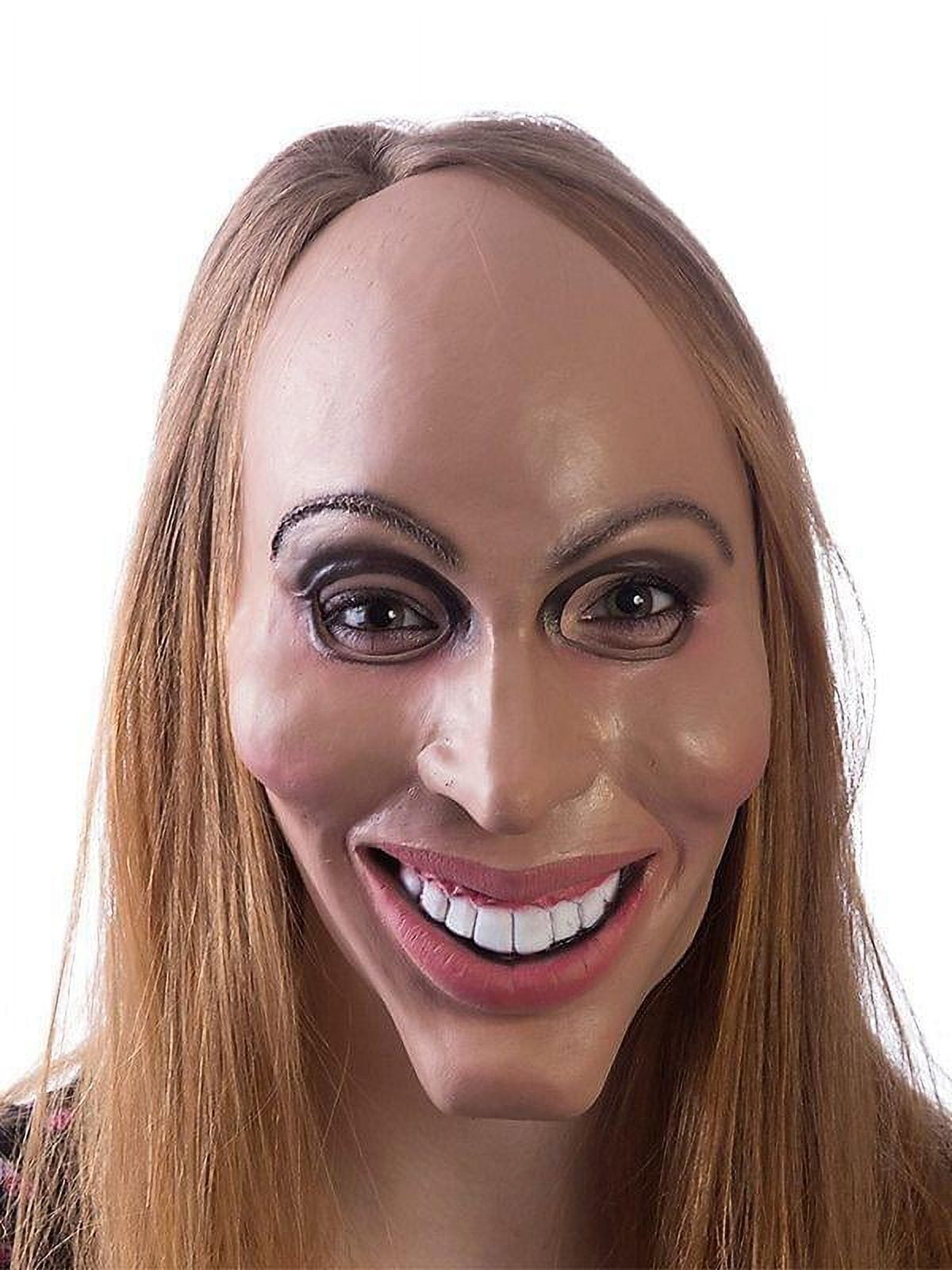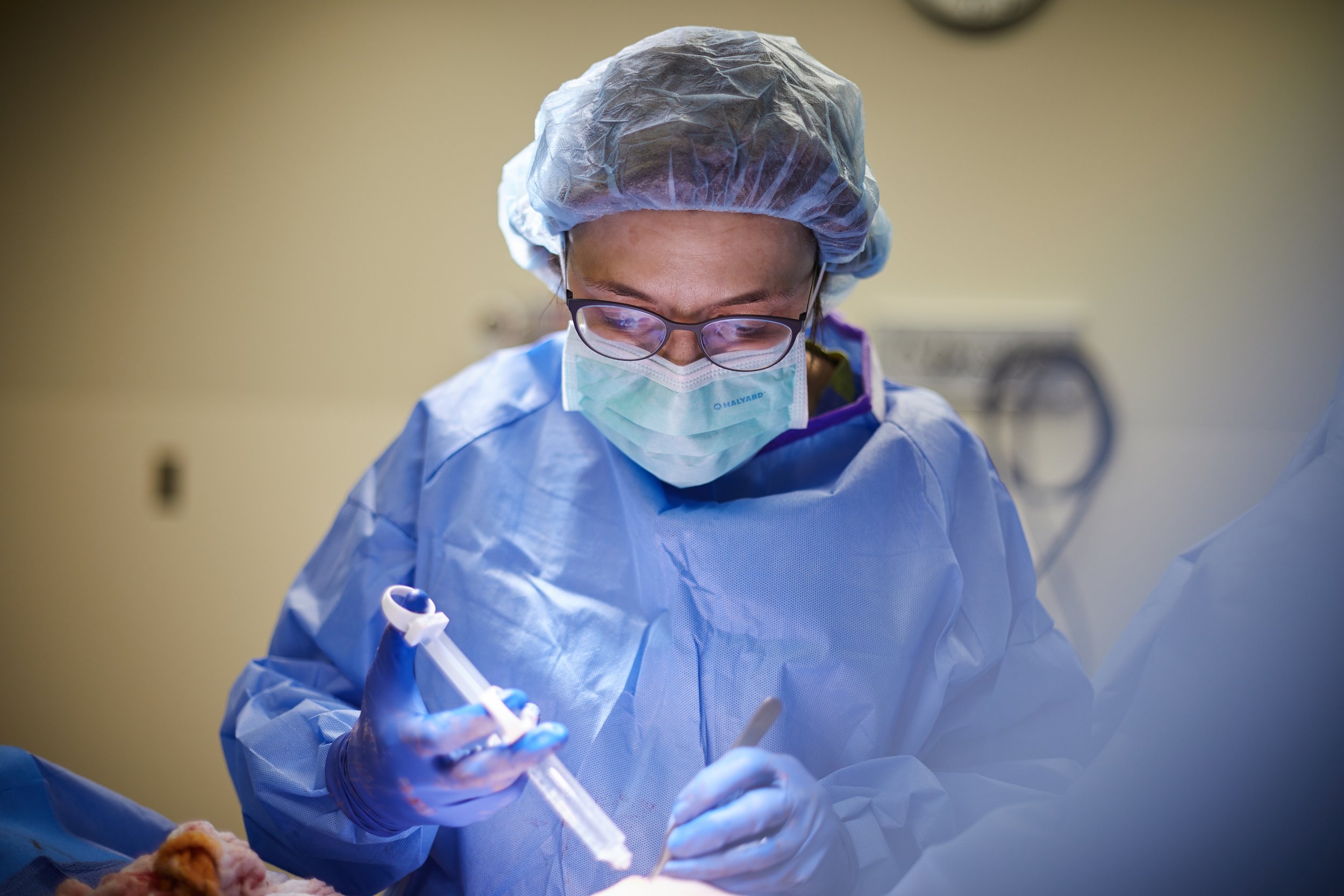Premier Plastic Surgery Seattle: Specialist Look After Your Visual Makeover
Premier Plastic Surgery Seattle: Specialist Look After Your Visual Makeover
Blog Article
A Deep Dive Into the Usual Justifications for Seeking Aesthetic Surgery: Unboxing the Desire for Modification and Self-Improvement

Societal Pressures and Beauty Specifications
Often, societal stress and prevailing appeal standards play a substantial role in individuals' choices to seek cosmetic surgical treatment (liposuction bellevue). In contemporary culture, visual depiction greatly affects individual assumptions of appearance, usually perpetuated by media, celeb recommendations, and social platforms. These channels frequently advertise idyllic variations of charm, leading people to internalize these requirements and examine their self-respect versus them

Furthermore, these pressures are not limited to particular demographics; they affect individuals across various ages, genders, and backgrounds, highlighting the pervasive nature of appeal standards. This prevalent impact elevates vital questions concerning the principles of cosmetic surgical procedure and the effects of societal criteria on private choices. Eventually, comprehending these pressures is essential for fostering a more comprehensive definition of elegance that commemorates variety.
Personal Experiences and Transformative Stories
Many people that undergo plastic surgery record transformative experiences that prolong beyond simple physical adjustments. For numerous, these procedures act as a catalyst for enhanced self-confidence and a renewed sense of identity. Patients often explain feeling liberated from long-standing instabilities, bring about boosted confidence in both personal and expert worlds.
Take, for instance, the story of a girl who undertook boob job after years of sensation uneasy concerning her appearance. Post-surgery, she reported not just a newly found comfort in her body however additionally a considerable renovation in her social life and job chances. Likewise, a middle-aged man who selected to undertake a facelift shared how the procedure renewed his outlook on life, prompting him to go after brand-new rate of interests and partnerships.

Psychological Variables Behind Plastic Surgery
Countless psychological elements add to the decision to undertake plastic surgery, showing much deeper psychological and emotional health and wellness factors to consider. People frequently go after surgical improvements as a way to resolve sensations of inadequacy, low self-confidence, or discontentment with their look. These psychological inspirations can be rooted in previous experiences, social contrasts, or individual aspirations.
Body image distortion is a common problem, where individuals view their physical features in an exaggeratedly negative light. This distortion can bring about obsessive thoughts regarding regarded imperfections, prompting the wish for surgical modification as a solution. Additionally, the quest of excellence and social stress can intensify these sensations, pushing individuals towards cosmetic procedures in hopes of accomplishing an idyllic version of themselves.
In addition, the principle of self-improvement plays a vital duty. Several people view cosmetic surgery as a pathway to improve their high quality of life, thinking that improved look will lead to boosted social acceptance, better partnerships, or improved profession chances. Inevitably, the mental factors behind cosmetic surgery emphasize the complicated interplay in between individual self-perception and exterior impacts, revealing the complex nature of the wish for change.
The Function of Media in Perception
In today's culture, media plays an essential role in forming perceptions of beauty and self-regard. With numerous platforms-- social networks, tv, and marketing-- idyllic requirements of elegance are commonly disseminated, affecting individual ambitions and self-image. These portrayals often stress narrow interpretations of beauty, predominantly featuring vibrant, slim, and digitally boosted images, which can develop impractical criteria for individuals aiming to conform.
The influence of media is more worsened by the pervasive nature of social media, where users are pounded with curated material that highlights aesthetic enhancements, supporting a culture of comparison. This continuous direct exposure can result in sensations of insufficiency among customers, motivating them to consider plastic surgery as a way of accomplishing the viewed perfect. Research suggests that individuals that involve with these media representations are more probable to express discontentment with their look, reinforcing the wish for surgical treatments.
Moreover, the normalization of plastic surgery in media narratives can desensitize target markets, framing such procedures as commonplace and also necessary for social acceptance. Thus, her comment is here the media's portrayal of beauty not only influences individual choices concerning plastic surgery however likewise adds to a wider societal dialogue about self-worth and identity.
Future fads and honest considerations
Amidst the growing appeal of plastic surgery, moral factors to consider surrounding the practice have come to be significantly noticeable. As the need for procedures rises, so too do problems pertaining to educated approval, the psychological inspirations of people, and official statement the capacity for exploitation by specialists. It is important for specialists to make sure that clients fully understand the advantages and threats, in addition to the ramifications of their choices, to cultivate a liable method to cosmetic enhancements.
Furthermore, the impact of social media and charm standards elevates inquiries regarding the effect on psychological wellness, specifically among susceptible populaces. As understanding of body picture issues grows, ethical technique requires a mindful analysis of the inspirations behind surgical treatments. Specialists should balance person wishes with ethical duty, making certain that decisions are rooted in authentic self-improvement instead than societal stress.
Looking to the future, trends may move in the direction of non-invasive and technically progressed procedures, highlighting person safety and satisfaction. Furthermore, the unification of psychological assessments might aid deal with underlying problems prior to surgical intervention. The cosmetic surgery area must adapt to these honest difficulties while advertising a society of transparency and self-acceptance, ultimately prioritizing the wellness of individuals.
Conclusion
Finally, the quest of plastic surgery is affected by an assemblage of social pressures, personal experiences, and mental elements. The desire for positioning with prevailing appeal requirements, paired with the possibility for transformative end results, emphasizes the intricate inspirations driving people towards these procedures. Additionally, the role of media fit perceptions of elegance can not be underrated. As honest considerations develop, future trends in cosmetic surgery will likely reflect ongoing social discussions surrounding self-improvement and individual identity.
Regularly, societal stress and look these up prevailing elegance requirements play a significant function in individuals' choices to pursue cosmetic surgical treatment. liposuction bellevue. Eventually, these transformative tales highlight the diverse factors individuals look for cosmetic surgery, linking personal development with the search of visual improvement
Many people see cosmetic surgical procedure as a pathway to enhance their high quality of life, thinking that improved appearance will certainly lead to increased social acceptance, far better relationships, or improved career chances. Inevitably, the psychological elements behind cosmetic surgical procedure underscore the intricate interaction between specific self-perception and external impacts, revealing the complex nature of the desire for modification.
As ethical factors to consider evolve, future fads in cosmetic surgical treatment will likely reflect recurring societal discussions bordering self-improvement and private identity. liposuction bellevue.
Report this page